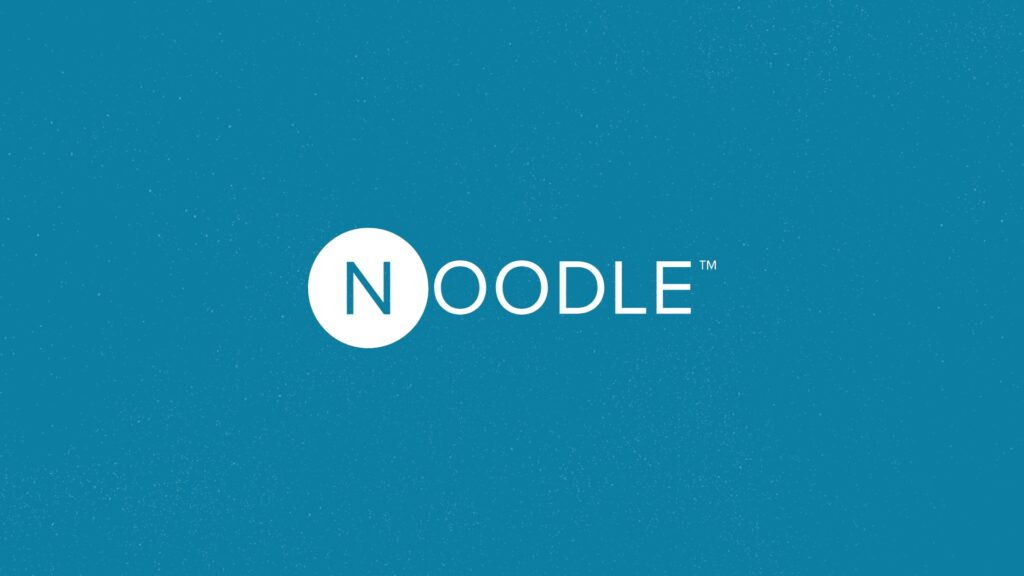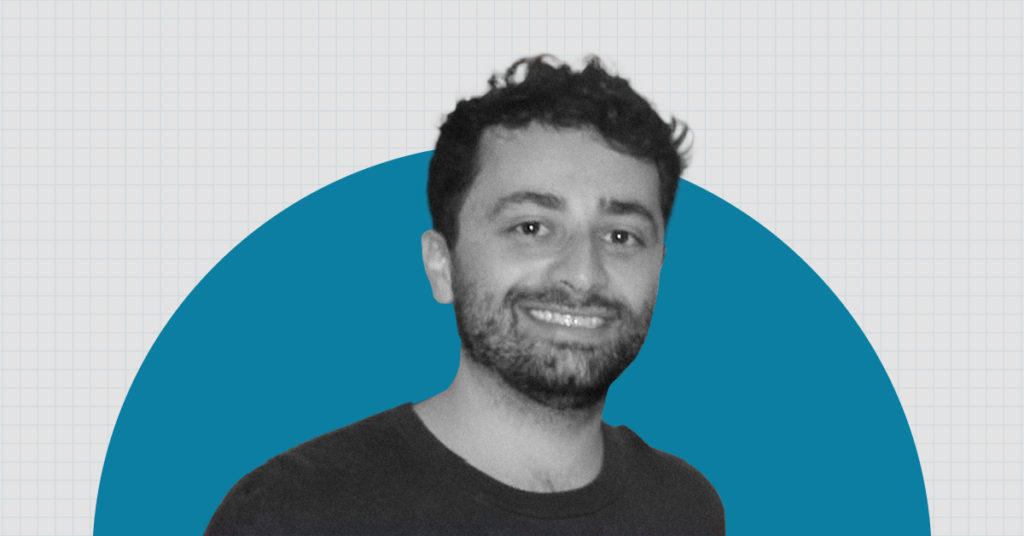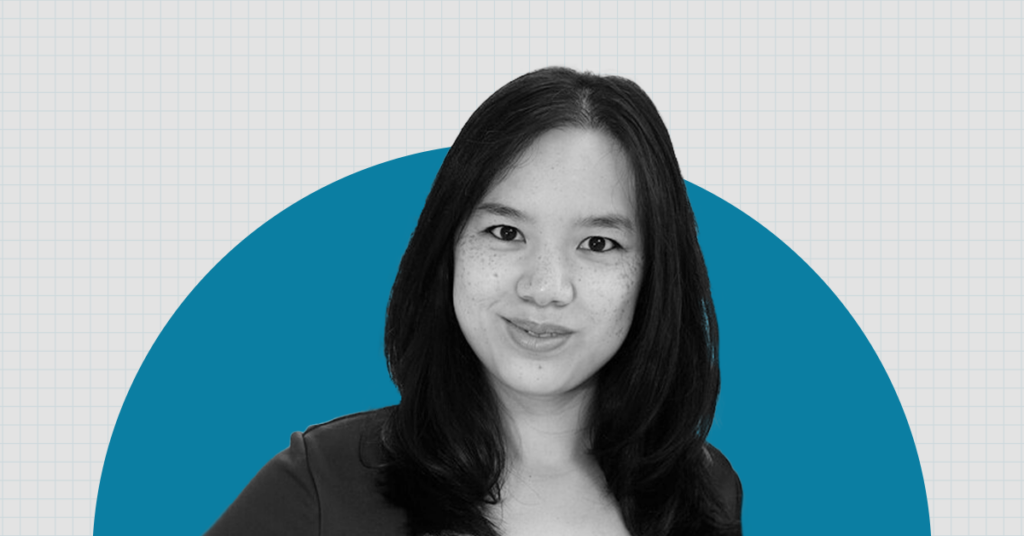Senior Vice President of University Partnerships Scott Levine has helped more than 100 colleges and universities make process improvements based on market research. Since 2010, he has focused on helping universities create, launch, and scale high-demand online degrees with a focus on matching external market demand with internal institutional readiness to present the best online offerings. Scott is also a prolific author, writing the first Eduventures Market Guide to Online Program Management and a recent article in NACUBO’s Business Officer magazine, as well as several articles in the Higher Ed Marketing Journal.
Meet Senior Vice President of University Partnerships Scott H. Levine, PhD
“One aspect of Noodle that I love is the receptivity to new ideas, regardless of the source.“
What does it mean for you to identify as LGBTQ+?
Identifying as LGBTQ+ represents how far U.S. society has advanced in my lifetime, from Stonewall to removing homosexuality from the DSM to the 2015 Obergefell decision legalizing gay marriage. Being part of this progress, suffering from its initially slow pace, reaping its benefits, and helping pave an easier path for people in the future is a major part of my life.
Why did you choose to work in education? How have your educational experiences shaped your career?
The relationship is completely symbiotic, starting with working at a high ed association magazine in my junior year at The George Washington University. The $7/hour gig spawned my entire career, including two graduate degrees in higher ed and an array of jobs on the periphery of academe. I never dreamed of working in high ed; to the contrary, I just assumed I’d go to law school. With all due respect to Laura and Vinay, I definitely made the right choice.
What traits does a great leader exhibit? What makes a leader great?
I’ll start by noting that I am not a great leader. Part of my journey has been learning this and finding my niche is a well-executed supporting role. That said, great leaders are smart, ambitious and malleable – but never too much or too little of any of these traits.
Are there any LGBTQ+ leaders you admire or look up to? Why?
I’m grateful for all of the brave pioneers who paved the way for my life to be easier, just as I take pride in knowing that my journey smoothed the lives of younger folks. Most are unacknowledged and unsung heroes— the ACTUP activists in the 1980s, brave politicians who ran for office to create change, the front-line volunteers. I can’t name one particular person, but instead admire all those who came before me and all those still fighting for equality for everyone.
How has your personal leadership style evolved?
Though age hasn’t mellowed me out, I’m more confident in knowing I don’t have to be the smartest person in the room – not that I ever actually was. With age comes the wisdom to be comfortable being part of, not the entire, solution.
What is it about your background or career experiences that successfully positioned you for your role at Noodle?
Working on the periphery of academe as a market researcher, consultant, a salesperson, and a GM at another OPM all contributed. But my role at Noodle was entirely unexpected. I reached out to John Katzman in 2015 after reading an article about his new venture in Inside Higher Ed. I sought him out and pitched him on using my market research firm as his external research option. He invited me to Chelsea Piers to review his plans and at the end of the day, walked me out, put his hand on my shoulder, and said, “I don’t want to use your company; I want to hire you.” That was July 2015, and nothing has been the same (or dull) ever since.
How do you build momentum as a leader among diverse stakeholders at Noodle?
Coming up with ideas borne of specific needs is the start; necessity is, after all, the mother of invention. With assistance from my great team, we’ll look at an idea from all angles and decipher the politics, the timing, and the desired outcomes to sell an idea internally. One aspect of Noodle that I love is the receptivity to new ideas, regardless of the source. It would be hard to go back to a traditional corporate environment after experiencing this.
How do you support the success of your team?
I know my strengths and strive to be generous in offering to help those with different skills. Similarly, I’m not shy about asking colleagues to bolster my weaknesses with their strengths. There’s a reason I’m “Word Scott” and Scott Sobelman is “Numbers Scott” when we present pro formas.
Describe how your career has been enhanced by exposure to diverse people, places or experiences. Please provide a specific example.
Engaging with university leaders at all types of institutions has been a great education. For example, I’ve worked with a lot of religiously affiliated institutions over the years, which was new to me. Working with Millennial and GenZ colleagues today is an education in and of itself – it’s lit!
What are some of the most effective tools in your leadership arsenal?
Intelligence, which I can at least feign, is tops, followed by the double-edged sword of humor. It can backfire, to be sure, but done well, a good sense of humor is a powerful tool. If I can make the front-desk assistant in the provost’s office and the provost herself smile in a meeting, I’ve helped level the playing field and humanized myself as more than just a salesperson.
Please provide an example of how you introduced an innovative idea or practice at Noodle.
When I started, we had nothing to sell except a great idea and John’s success with our then-biggest competitor. We constantly innovated to present our industry-upending model in ways that would resonate with university leaders. We’re still innovating today. It’s been a great six-year ride, and I’m very excited for the next six!
Please tell us something about yourself that people would be surprised to learn.
I only drive a stick shift, and someone will have to pry my current one out of my cold, dead hands.



